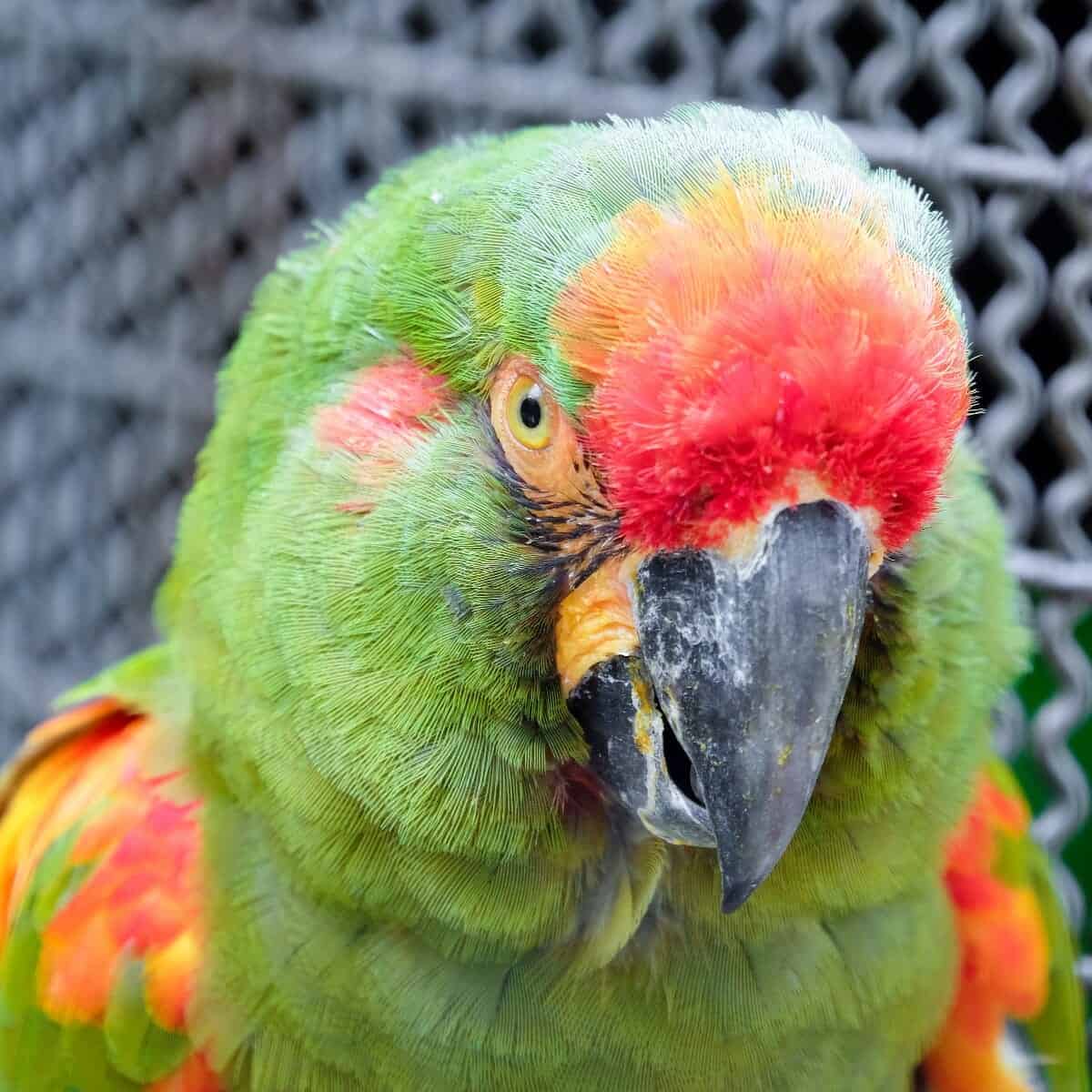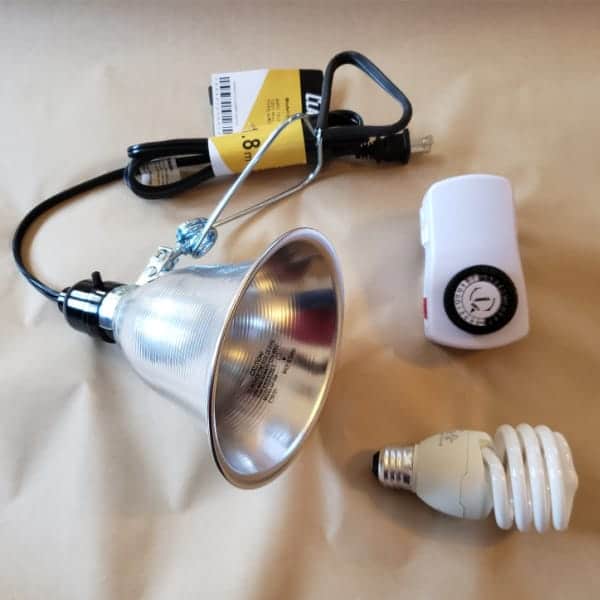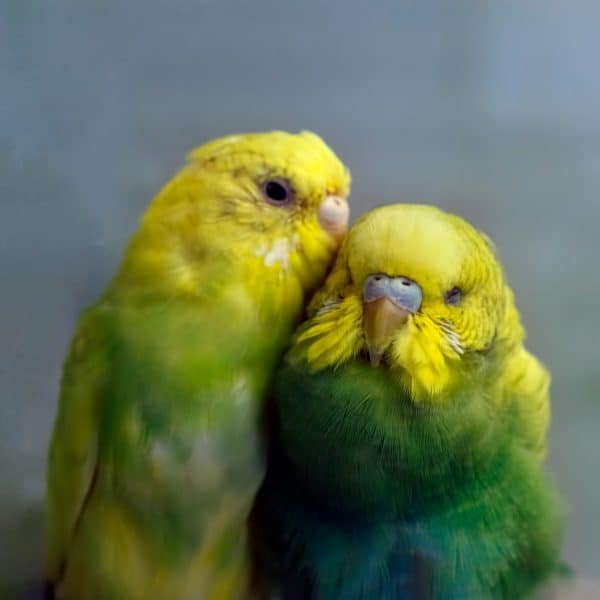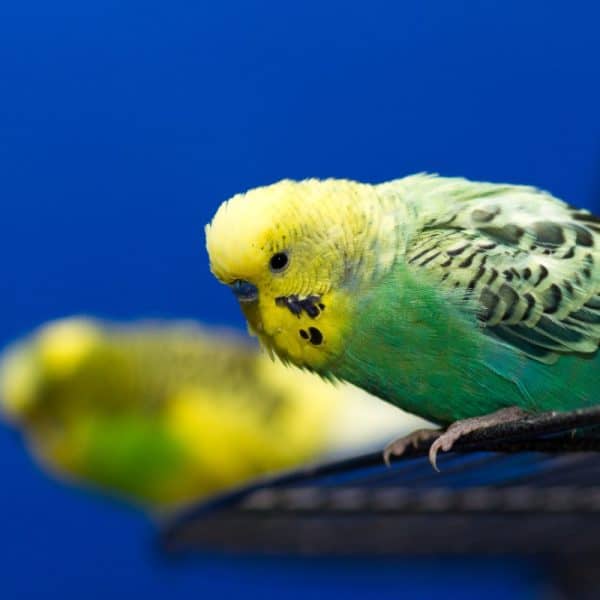Last Updated on by Catherine Tobsing
This is a concern to help reduce feather plucking, screaming, and prolific egg-laying.
Here are some techniques to help reduce hormonal behavior and feather plucking in pet birds:
Provide a healthy diet: A balanced diet that includes a variety of fresh fruits, vegetables, and grains can help maintain a bird’s overall health and reduce feather plucking.
- Offer plenty of mental stimulation: Birds need plenty of mental stimulation to stay happy and healthy. Offer toys, perches, and other interactive items to keep your bird entertained.
- Create a stress-free environment: Avoid stressful situations, such as loud noises or sudden environmental changes, which can trigger hormonal behavior.
- Provide a suitable living space: Ensure your bird has a spacious cage or aviary, with plenty of room to fly and play.
- Address any medical issues: Certain conditions, such as skin infections or mites, can trigger feather plucking and hormonal behavior. Take your bird to a veterinarian for a check-up if you suspect any health issues.
- Maintain a consistent routine: Birds thrive on routine, so try to maintain a consistent schedule for feeding, playtime, and sleep.
- Consider giving your bird a companion: Some birds do better with a companion, as they can provide social interaction and reduce stress.
These tips may not work for every bird, and the best approach may vary depending on the individual bird and the cause of the feather plucking and hormonal behavior. Consult a veterinarian or an avian behaviorist for a more tailored and effective plan.
We have found the most important component of controlling hormones is light.
The quality of light doesn’t matter, it’s the length of light cycles that’s important.
The majority of pet birds are indigenous to areas close to the equator where sunlight is typically available for 12 hours followed by 12 hours of darkness.
We achieve this with Windy City Parrot’s economical Full Spectrum Light with a timer.
This simple solution will not only help your bird’s health but will make them look better in the birdcage.
Written by Mitch Rezman
Approved by Catherine Tobsing.
Author Profile
Latest entries
 Feeding Exotic BirdsDecember 29, 2025How to Switch or Convert Your Bird From Seeds to Pellets: Real-Life Case Studies and Practical Guidance
Feeding Exotic BirdsDecember 29, 2025How to Switch or Convert Your Bird From Seeds to Pellets: Real-Life Case Studies and Practical Guidance Feeding Exotic BirdsDecember 16, 2025A Practical, Budget-Smart Guide to Feeding Birds Well
Feeding Exotic BirdsDecember 16, 2025A Practical, Budget-Smart Guide to Feeding Birds Well Bird EnviornmentsDecember 7, 2025Understanding Budgie Cage Bar Orientation: Myths, Realities & Practical Solutions for Vertical-Bar Bird Cages
Bird EnviornmentsDecember 7, 2025Understanding Budgie Cage Bar Orientation: Myths, Realities & Practical Solutions for Vertical-Bar Bird Cages Feeding Exotic BirdsDecember 5, 2025How Dr. T.J. Lafeber Rewrote the Future of Pet Bird Nutrition
Feeding Exotic BirdsDecember 5, 2025How Dr. T.J. Lafeber Rewrote the Future of Pet Bird Nutrition





[email protected]
12 Feb 2023Couldn’t agree more about the full spectrum lighting. Kula basks in it. Sits on the side of her perch closest to the lamp. It’s especially needed here in nw WA where it’s overcast most of the time from Oct-April.
Now as for a bird companion….ahh 1 of these McCaws is plenty my friend.
Take care dude
[email protected]
12 Feb 2023When some of my birds (I was a breeder for many years) if she kept laying eggs, I left them in their nest. It seemed that after she had accumulated enough, she would quit. After sitting on the eggs for a while, and stayed off the nest, I threw them out.